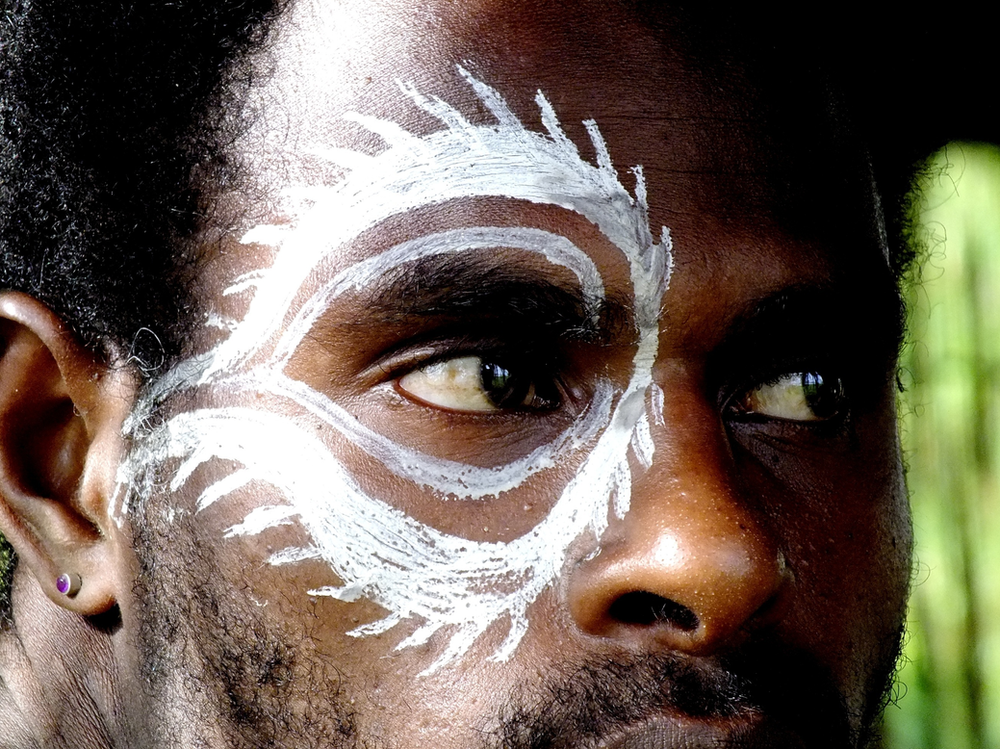While I may not have the gift of prophecy, I am convinced that change is coming. The era of European theology is ending, paving the way for a new form of theology comparable to Ubuntu, for it is centred around the people. Christianity is facing a new reality that it is hesitant to accept – it is no longer a European religion. While this might not sound obvious presently, the transition from one state to another is always met with resistance. In its current form, Christianity is on its last legs. But we can agree that this is not the first time Christianity has undergone such a transformation.
Before Christianity moved from Jerusalem to Rome, it did not include non-Jews in its community. However, after a Jewish conservative named Paul of Tarsus experienced a transformative encounter with the Holy Spirit, he became a radical advocate for including the Gentile world in the Church. He travelled from Rome to Ephesus and wrote letters to various communities, including the Corinthians, Thessalonians, Galatians, and Ephesians. He even worshiped with Jews, prayed with pagans, and openly preached in synagogues and at the Areopagus. Indeed, despite his previous conservatism, Paul turned out to be one of the most progressive figures of his time.

From that point onward, Christianity has abandoned its traditional Jewish race-oriented tendency to become a beacon of hope for all those seeking God in truth, regardless of their origin and race.
Unfortunately, this gift of openness completely transformed Christianity, Europeanizing, and changing its history.
But this didn’t come without a price: philosophers soon became opponents of the new religion. Then, converted Roman scholars took the battle to the door of pagan philosophers. Soon after, Plato was embraced by the Christian community, baptized, and given a prominent place. This resulted in significant Western scholars such as Irenaeus, Tertullian, Origin, and Athanasius transforming Christianity into a fusion of philosophical and divine ideas.
Furthermore, Aristotle was also quickly introduced into the Pantheon of Christian saints. With his obsession with logic, ethics, science, and dialectics, Aristotle seduced Christianity to become an elitist religion. Thus, Christianity was gradually but finally Occidentalized. Initially, it travelled cautiously until the empires rediscovered how powerful it could be. Then for centuries, Christianity romanced kings and Queens in their high places. And without knowing it, Christianity gradually set apart a reverenced sit for the Kings and Queens within its sanctuary. Thus, we began the era of the Christian empire. A few charismatic leaders engaged in a fight but were ultimately dislodged by the powerful machinery of the empire.

When the discovery of engines made the West thirsty for new heavens, Christianity was vested with a new mission. The expeditions of Western missionaries accompanied the expeditions of the kings’ men. Initially, it was mainly the blessing of the exploration ships, but only for a short time. When the kings discovered the richness of the nations beyond the European shores, they needed a powerful tool in the hands of the missionaries. With their guns and unfortunate sickness, the kings required an empire-inspired biblical interpretation to reshape the universe. When they were surprised by the diversity of people they encountered on seafaring, they had to rethink their relationship with the Christian faith. And thus, manifest destiny was born. Europe rapidly claimed the title of the new Israel, and with the coming of the Kingdom, theirs to perfect.
Rather than sharing the Gospel with the nations they encountered, they imposed a European interpretation. This led to the dismissal and condemnation of Native wisdom and cultural and spiritual values.
Regrettably, the practice of Christianity has transformed into a perilous performance, as it has evolved into a meticulously crafted ideology of power, losing, in Christendom, its essential purpose of fostering connections. It instead created European centers in the empires, forming priests, pastors, and theologians to give up their indigenous spiritual treasures and wear European thinking hats. Even today, many of them from colonized nations continue to sing the tunes of their European masters, like parrots. Throughout my Igbo nation to Sri Lanka, from Indigenous Australia to the Mesoamericans, Catholic and non-Catholic theologians have sacrificed their experiences of God at the altar of faith. Instead, they all advocate for theological beliefs that reflect an adopted story of the European view of God and their social-historical circumstances.
Thankfully, in this progressing 21st century, Christianity seems to be breaking, even though slowly, free from its rigid beliefs. Consequently, the grip of old Europe on the world’s biggest religion is loosening. Indeed, the hour is coming for: “This cup wants to become empty again, and Zarathustra intends to become human again.”
Yes, the time is now for theologians from the South to climb down from their borrowed thrones. For this, like Zarathustra, I pray:
“Bless the cup that wants to flow over, such that water flows golden from it and everywhere carries the reflection of your bliss!” Yes, it is time to decolonize theology, not by killing those who theologized before us, but by owning our practices and experiences.
For a long time, we’ve danced on a hanging rope, between two towers, with our poles like tightrope dancers. And at every attempt to recreate our narrative, a jester appears from the golden towers, forcing the dancer to fall, head down, to the amusement of the cheering public in our marketplaces.

So, today, I join my brethren to announce the hour of Ubuntu theology, the people’s theology. We will gather under our palaver trees and in our sacred places, holding our talking sticks and stones, to express how the God of Jesus Christ appears in our indigenous traditions. Our theology may not follow European customs, but it will truly reflect our beliefs, spoken in our languages and expressed through our sacred dances and colourful clothing. We will embrace vulnerability and seek to understand the realities of all people, from the wealthy and privileged to the poor and disfavored, independent of our different sexual orientations, for we are loved unconditionally by the God Jesus Christ.
This type of Christianity may be accused of syncretism, but it is always a monotheistic religion based on Ubuntu principles. It focuses on our human connectedness and the commonality of our race. Its fundamental theological principle is our responsibility towards others, including strangers, widows, and orphans. It will refer to the approach of the Other in the face, in a dimension of height, in responsibility for oneself and for the Other to whom we are obligated. (Levinas, Totality and Infinity, 1979, 214-5). So, today, I reiterate “Ubuntu,” my brethren, for “Umuntu Ngumuntu Ngabantu.”






